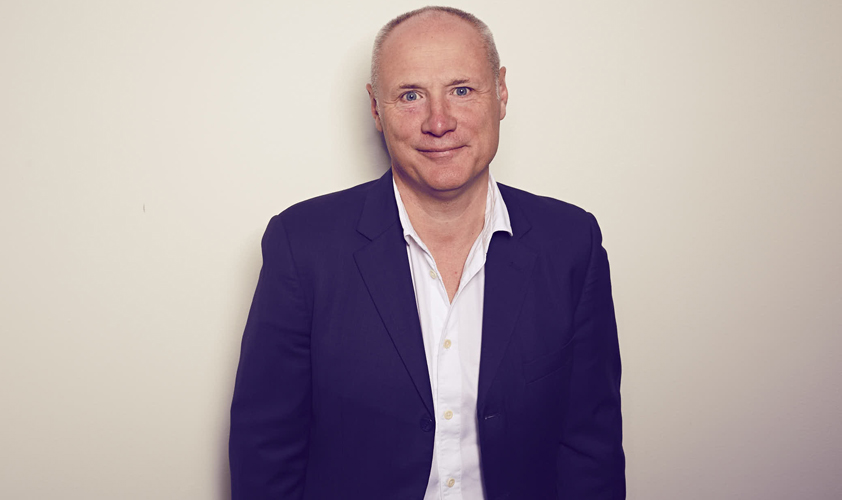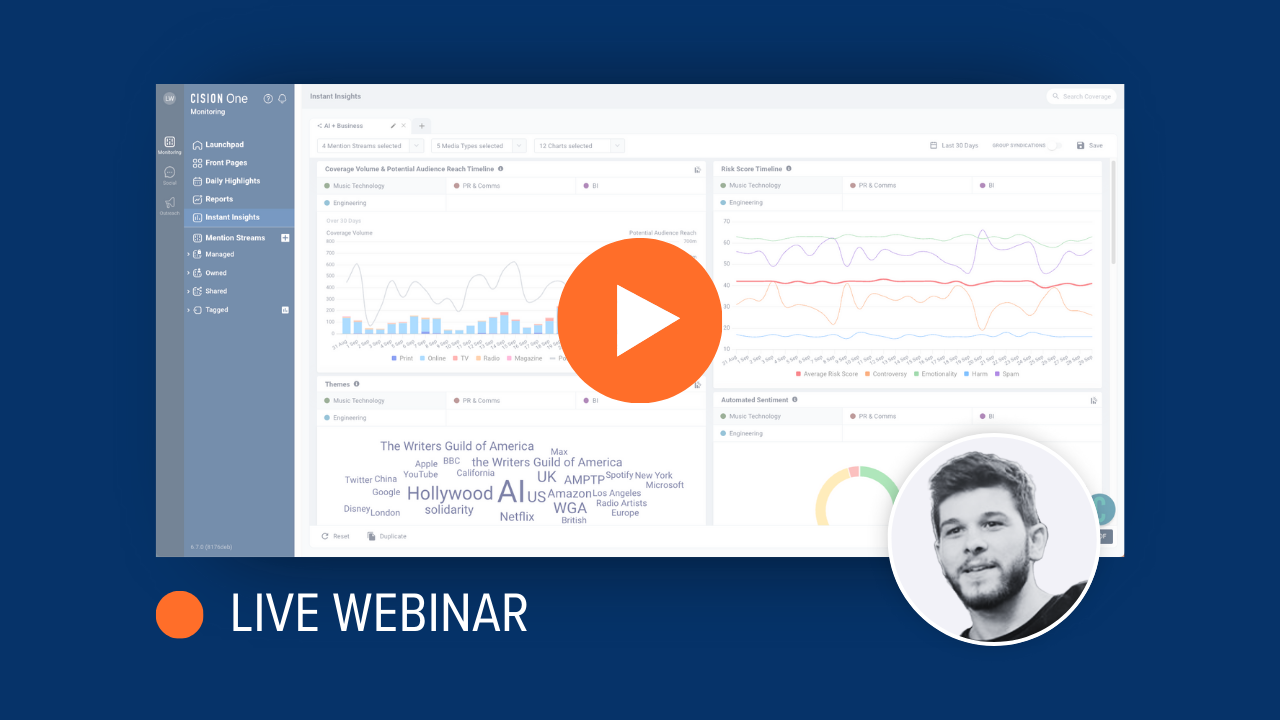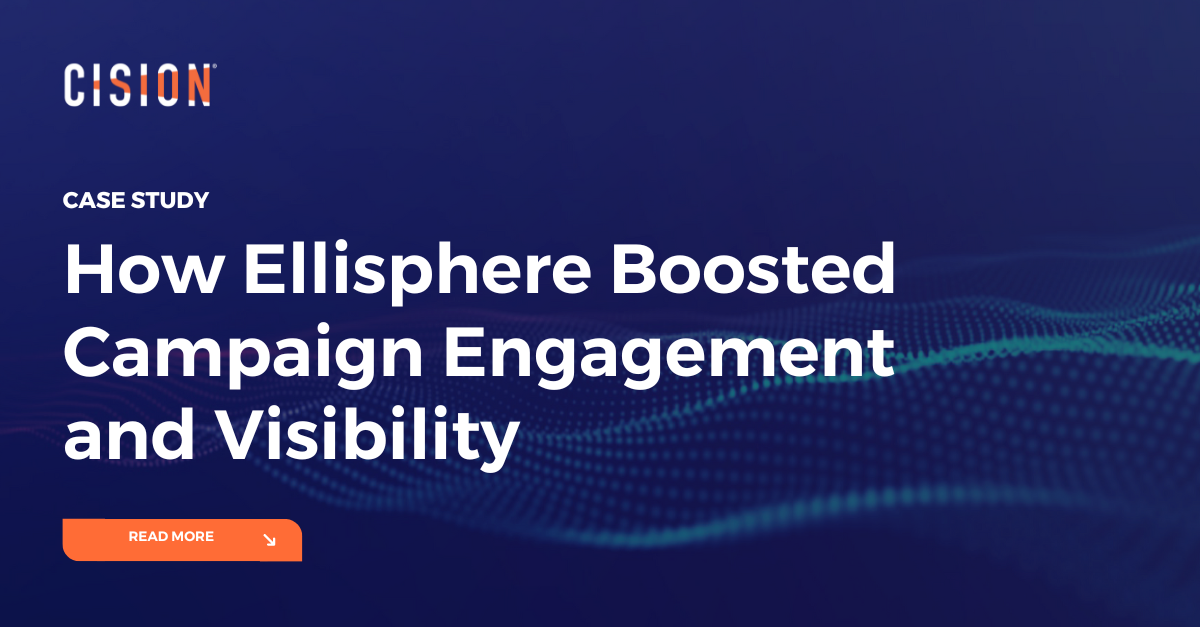
Mark Flanagan, UK managing director at Portland, warns that the comms industry needs to tackle work-related stress and ensure it makes staff mental health a priority.
The world of work has been utterly transformed since I was growing up. My grandfather was a coal miner and I have vivid memories of mines and factories being picketed by striking workers in the seventies and eighties.
Yet, according to the Office for National Statistics, just 276,000 working days were lost last year because of labour disputes, one of the lowest since records began in 1891.
By contrast, more than 15 million working days were lost in the UK last year due to work-related stress, depression or anxiety, based on reports from the Labour Force Survey (LFS).
Mind, the mental health charity, says that around one in four people in the UK will experience a mental health problem this year.
Mental health in PR
Although people working in sales are the most likely to experience work-related stress, than those of us in marketing, but PR and communications roles aren’t far behind.
This isn’t totally surprising. The pressure to be ‘always on’, meet tight deadlines, and live up to the standards set by a high performing agency can be intense. Our business takes pride in ‘going the extra mile’ for clients and exceeding their expectation in terms of quality and results.
Added to this, many of the staff we employ are under 30 and are also dealing with all the cost pressures of accommodation and transport associated with working in central London.
For most of us, the price of doing what we do is worthwhile and manageable, and I love the buzz, intensity and unpredictability of agency life.
However, we must also recognise and deal with those occasions when pressure is taking too much of a toll. We need to raise the profile of mental health as an issue in PR, bust any lingering taboos, and take more practical action.
Steps the industry can take
At Portland, I sit a few feet away from Alastair Campbell, who has been a remarkable ambassador and role throughout our business on this issue. We are proud supporters of Time to Change, a UK charity that seeks to address the negative connotations to those with mental health problems both in the workplace and outside it.
We have also invested in mental health first aiders for the first time, supporting colleagues to have the right discussions, at the right time. As well as monitoring general health and wellbeing of staff through our monthly Pulse Survey, we have also invested in manager training including topics such as inclusion, unconscious bias and building resilient teams.
Looking ahead, we will create and launch a mental health policy as part of our employee handbook. As part of this policy we will include a wellbeing action plan and have set up a page on our company intranet that employees can share their stories anonymously.
There’s so much more we can do. It’s obvious to me that you can’t build sustainable businesses on the back of stressed and burned out staff. As agency leaders, we have a responsibility to protect and develop the ‘wellbeing capability’ of our people just as much as their operational capability.
We all need to step up. Let’s make improving mental health one of our industry’s top priorities in 2019.
About Guest Contributor
We welcome opinion content and other article submissions from the earned media community. If you are interested in submitting a piece for the Cision website, please email prnews@cision.com.
Learn More. Do More. demo new
PR Tips, Case Studies, and Product Updates

PR in the Age of Misinformation: Building and Maintaining Brand Trust
PR in the Age of Misinformation: Building and Maintaining Brand Trust looks at the rise of fake news, false information, and deepfakes – and the strategies (both proactive and reactive) that public relations and communications professionals can...

[On-Demand Webinar] The Next Generation of Media Intelligence: From Gorkana to CisionOne
Explore CisionOne, a revolutionary media intelligence platform, and the evolution of Gorkana. Learn key features and strategies from Luke Williams, CisionOne Product Marketing Manager. Elevate your media outreach to new heights!

How Ellisphere Boosted Campaign Engagement and Visibility
Find out how Ellisphere increased engagement on their campaign content by up to 48% using our Multichannel News Releases and Guaranteed Paid Placement.
